
Stanford Knight Initiative for Brain Resilience
@BrainResilience
Official account of the Phil & Penny Knight Initiative for Brain Resilience at @StanfordBrain. Pursuing a bold new science of healthy brain aging.
Brain organoids are reshaping neuroscience. To scale up their work, Wu Tsai Neuro affiliates @Sergiu_P_Pasca, @HeilshornSarah & team found an unexpected solution: xanthan gum. This simple solution could speed up discovery in brain development and disease. neuroscience.stanford.edu/news/common-fo…
TODAY BY 5 PM - Nominate a Stanford grad student or postdoc for their outstanding trainee-led research papers here: neuroscience.stanford.edu/programs/commu…
Celebrate groundbreaking research by nominating a Stanford graduate student or postdoc for the 18th Annual Sammy Kuo Awards in Neuroscience! Submit materials by this Monday, July 28 at 5pm (PT). Learn more and nominate: neuroscience.stanford.edu/programs/commu…
It's Day 2 of #AAIC25! Explore today's sessions, networking opportunities and events at alz.org/aaic.
Celebrate groundbreaking research by nominating a Stanford graduate student or postdoc for the 18th Annual Sammy Kuo Awards in Neuroscience! Submit materials by this Monday, July 28 at 5pm (PT). Learn more and nominate: neuroscience.stanford.edu/programs/commu…
Dr. Brad Zuchero (@ZucheroLab), has received the 2025 McKnight Award (@McKnightFdn) to investigate myelin's role in Alzheimer's disease. With 6M+ Americans affected by Alzheimer's, this research might be key to understanding this devastating condition. med.stanford.edu/neurosurgery/n…
What makes the brain resilient, and how can research help more people stay cognitively healthy as they age? Highlights include: 🧠Early biomarkers 🧪Lysosomal function 💉Shingles vaccine & reduced dementia risk 📣Lived experience 📊72 Stanford posters 🔗brainresilience.stanford.edu/news/knight-in…
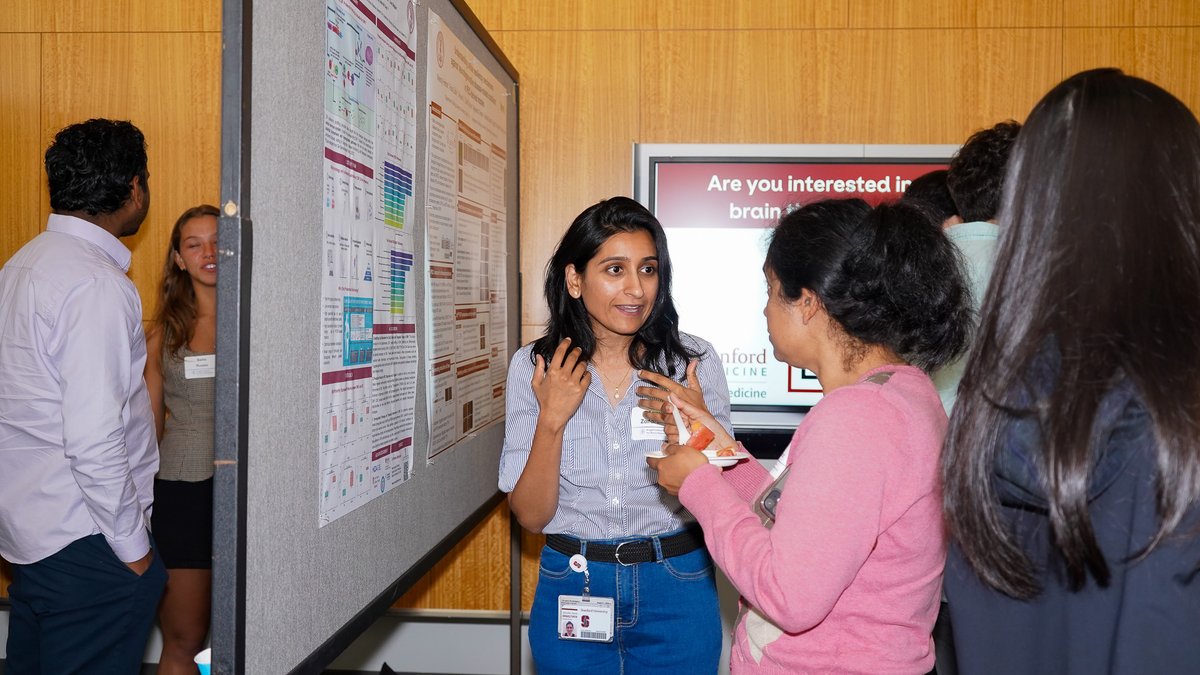
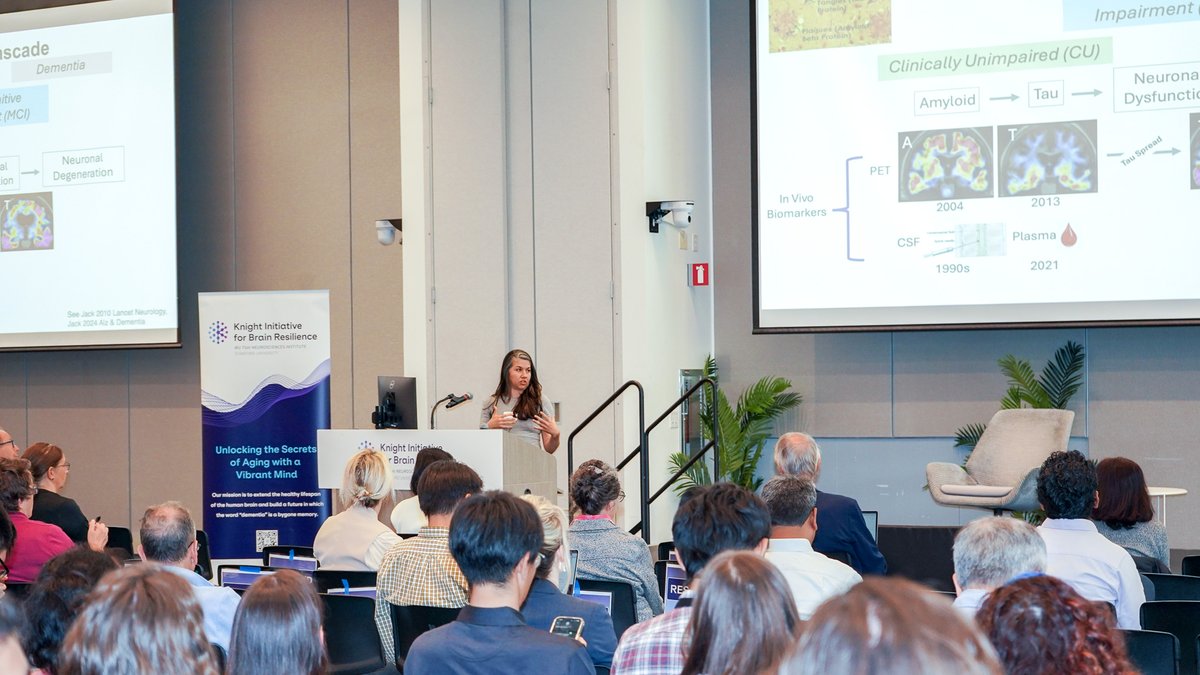
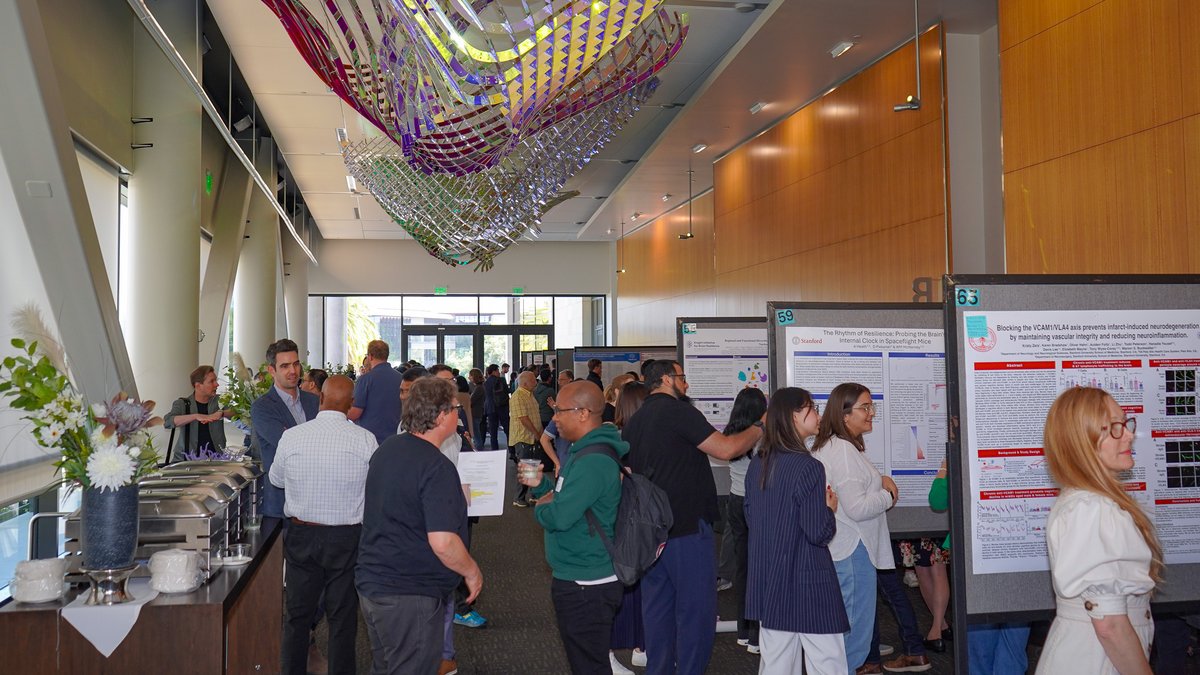
Scientists in the lab of chemical engineer Monther Abu-Remaileh are uncovering the cellular functions that go awry in degenerative brain disorders and identifying therapies that could treat them: stanford.io/4lTx3Dn
“We’ve developed a blood-based indicator of the #age of your organs,” said Tony Wyss-Coray, PhD, professor of neurology and neurological sciences and director of the @BrainResilience at the @StanfordBrain. Learn more: hubs.la/Q03wS8kV0 #Health #Aging #Science
A blood-test analysis developed at Stanford Medicine can determine the “biological ages” of 11 separate organ systems in individuals’ bodies and predict the health consequences. med.stanford.edu/news/all-news/…
“We’ve developed a blood-based indicator of the age of your organs,” said Tony @wysscoray. “With this indicator, we can assess the age of an organ today & predict the odds of your getting a disease associated with that organ 10 years later.” Read more: med.stanford.edu/news/all-news/…
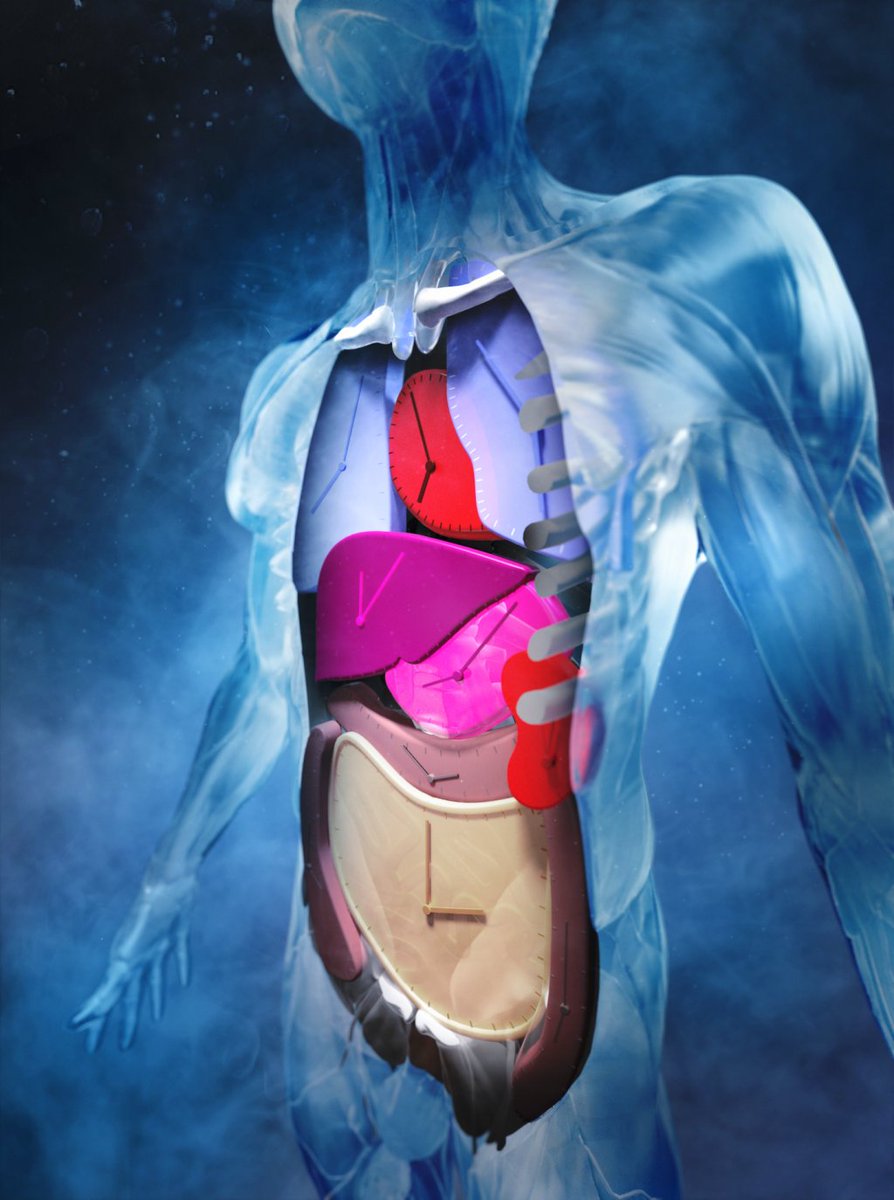
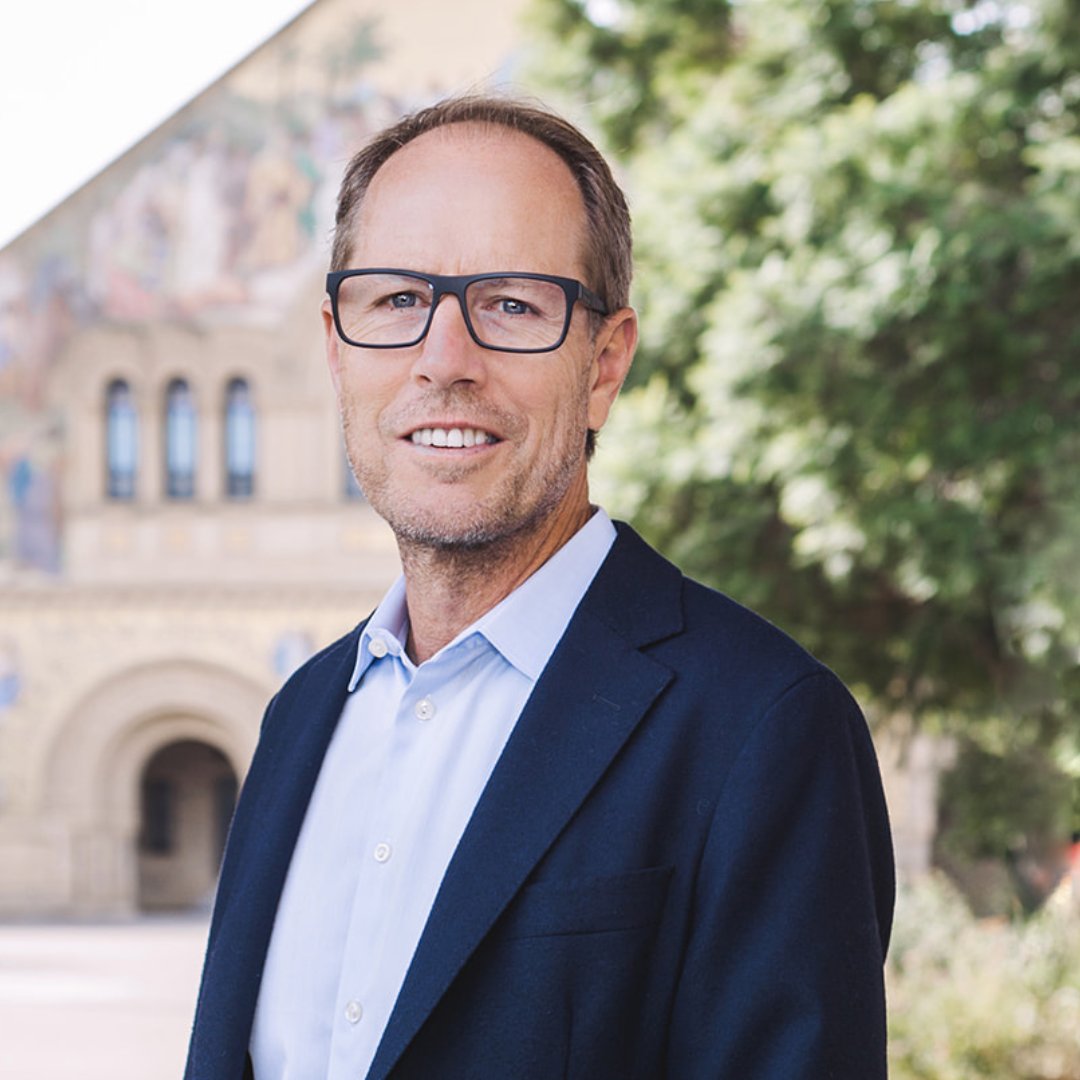
Interested in expanding your knowledge in aging biology research? Apply for the NIA Experimental Aging Research Training Course which will take place September 8-12 in California. The application deadline has been extended to July 11. nia.nih.gov/news/nia-exper…
✨ Astrocyte diversity starts at the source! 🧬 We uncover how dual radial glia lineages generate distinct astrocyte subtypes in the neocortex — revealed by MERFISH, scRNA-seq & clonal tracing. 📍#GLIA2025 | Poster T10-010A 🧠 w/ @Alan_Zhou_95 in Marseille Come talk glia with us!
This #DisabilityPrideMonth, SfN celebrates scientists w/ disabilities as valued members of the neuroscience community. Scientists w/disabilities bring lived experience & fresh perspectives to the field, continuously enriching the community & driving meaningful progress.
Researchers led by Dr. @Sergiu_P_Pasca have developed a scalable cerebral cortical #organoid platform by screening biocompatible polymers that prevent the fusion of organoids cultured in suspension. 🧠 Read the @natBME study: go.nature.com/4eHTaKG
How #Alzheimers disease and attention shape our ability to remember brainresilience.stanford.edu/news/two-roads… by @BrainResilience @Stanford #dementia #health #science
New Stanford Medicine-led research indicates that inhibiting the LRRK2 enzyme could stabilize patients with a type of Parkinson’s disease. stan.md/4nucWwY
Reminder: There's still time to register for the Interventions in Aging meeting in beautiful Malta! 🇲🇹 Join an outstanding community exploring cutting-edge research and strategies to tackle aging and age-related diseases. 🧠🧬🧫 The program is🔥🔥🔥!
Did you know our Interventions in Aging series is turning 10 years old this year?🥳💜 Help us celebrate in Malta with the 5th edition this October - we look forward to seeing some familiar faces from the photos below, as well as meeting new ones! #FusionAging25…
How do some aging brains stay sharp while others decline? A new study tracks brain resilience in real time during heart surgery. It’s a groundbreaking look at how older adults respond to trauma—and what that means for dementia risk. 🔗 tinyurl.com/54aaxr26 #BrainHealth
How has stroke research evolved, and where is it headed? In today's podcast, physician-scientist Marion Buckwalter shares how decades of scientific discovery have shaped what we know about stroke and why continued research is key to future progress. 🔗neuroscience.stanford.edu/news/how-basic…